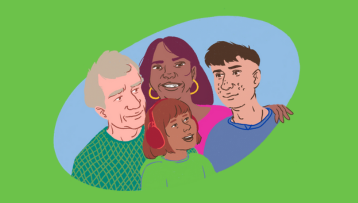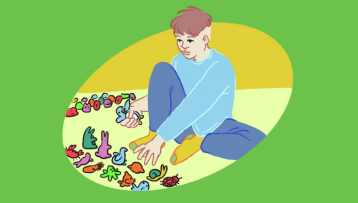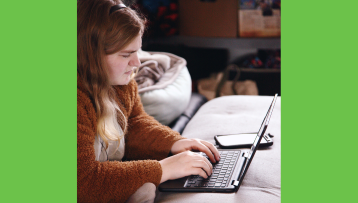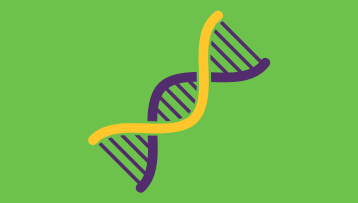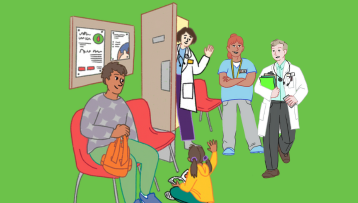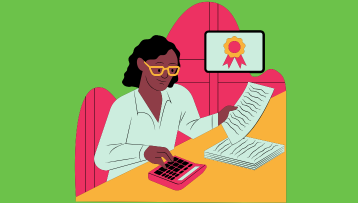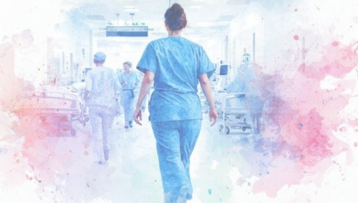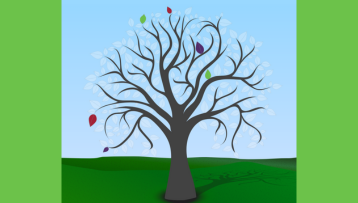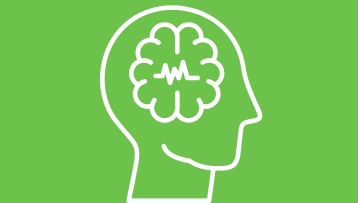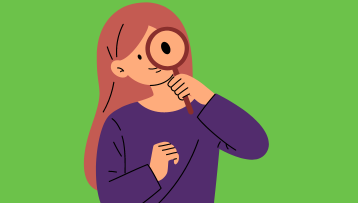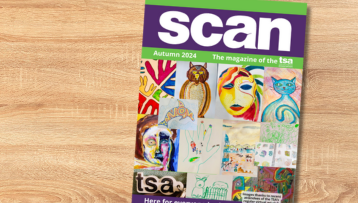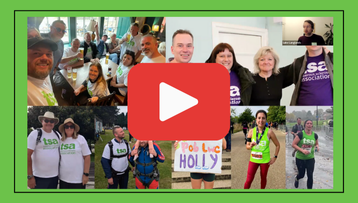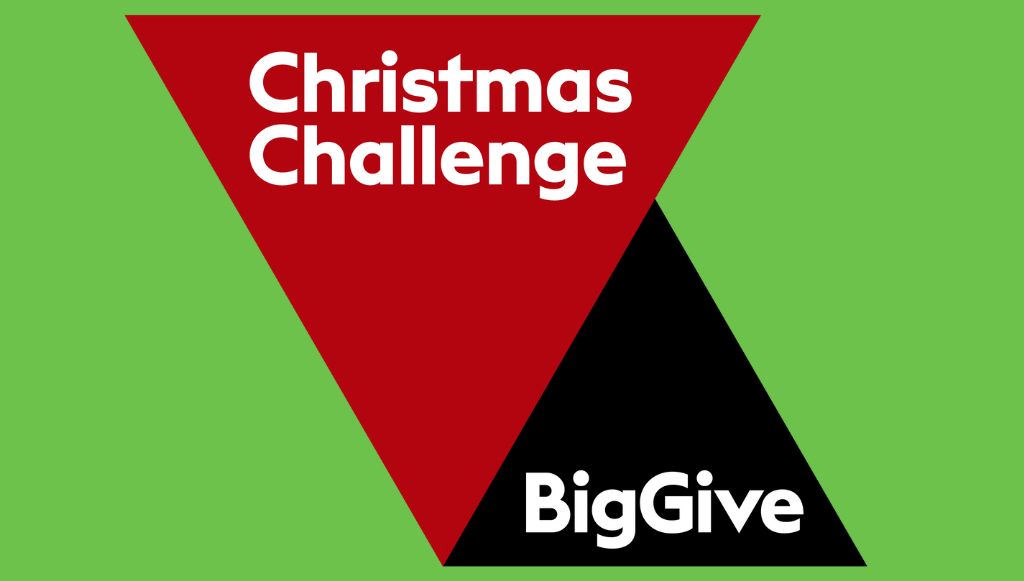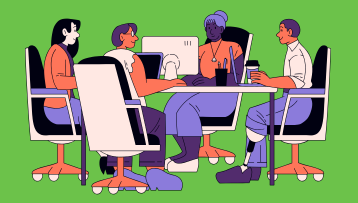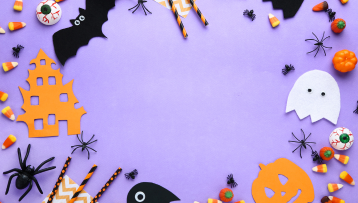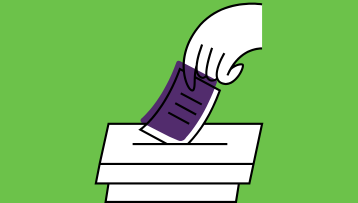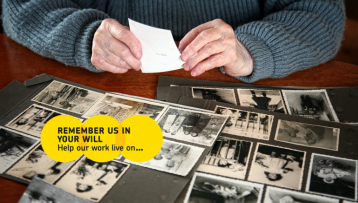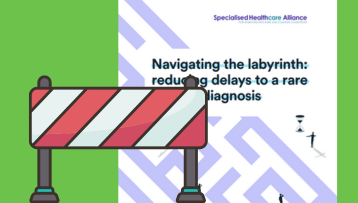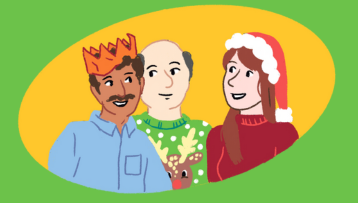Rory O’Sullivan (University of Birmingham) is a final-year PhD researcher focused on the importance of sleep in children with rare genetic conditions, including TSC. We caught up with Rory to discuss his PhD research, what he likes to do in his spare time and his plans as a future TSC researcher.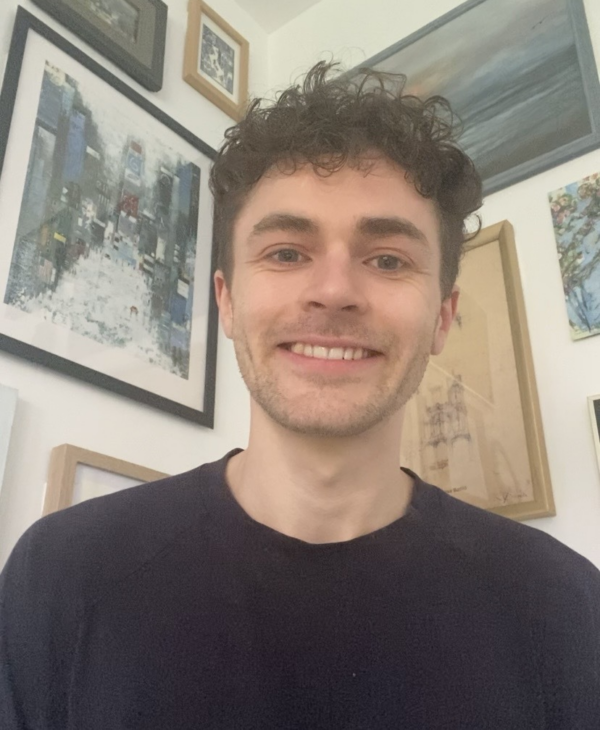
What was your background before becoming a TSC researcher?
“Before my PhD I did an undergraduate degree in Psychology. During my Psychology degree I spent a year working with Professor Caroline Richards and Dr Stacey Bissell which gave me some early experience in TSC sleep research. My time with Caroline and Stacey motivated me to do the PhD. Through speaking with TSC families, I found that the research we do is really important. After that it almost felt like a calling.”
Can you tell us about your current TSC research projects?
“My research has focused on sleep and behaviour in children with rare genetic syndromes, including TSC. Children with TSC can experience sleep difficulties and this can have an effect on behaviours during the day. However, not much has been done to fully understand this, which is what I want to do.
We’re also trying to improve how researchers measure sleep and behaviour. We need to understand how best to measure these things before we can go on to properly address them and other questions. If we’re not measuring sleep or behaviour correctly in the first place, then our conclusions might be biased or not quite right.”
What are your passions outside of research, in your spare time?
“Being in the final year of my PhD, free time is hard to come by these days! When I do have free time I now like to paint, which isn’t something I’ve done since I was a child, it’s something I’ve really picked up over the last few years. I also do calisthenics and love video games. I just got an Xbox set up downstairs last week and I’m trying my hardest not to waste all my time doing that – especially at this crucial stage of writing up my PhD!”
“Through speaking with TSC families, I found that the research we do is really important. After that it almost felt like a calling.”
If you weren’t a researcher, what do you think you’d be doing instead?
“For a while when I started my undergraduate degree, I thought I’d become a clinical psychologist. Before that, I liked the idea of working outdoors and was good at maths so thought I could do something focused on engineering. You know the people that go up into wind turbines to fix them? For a while I thought that could be me!”
What do you hope we’ll see in TSC research in years to come?
“I think the use of wearable technologies to better understand the effect of epilepsy on behaviours, sleep and mood over a longer duration would be really important. Alongside this, there’s not too much work looking at sleep in adults with TSC, so I also think this is a very important direction for future research.”
What’s in store for you in the next couple of years?
“I’ve been offered a four-year position as a postdoctoral researcher at the University of Birmingham focused on how to better measure different cognitive abilities in children with rare genetic syndromes, including TSC. Examples of these abilities include behavioural regulation, attention, working memory and mental flexibility.”
Do you have anything you’d like to say directly to the TSC community?
“I really want to say thank you. Coming towards the end of my PhD research, I really recognise how people’s motivations to take part in research has really rubbed off on me, particularly their belief and commitment in the work we do.”








